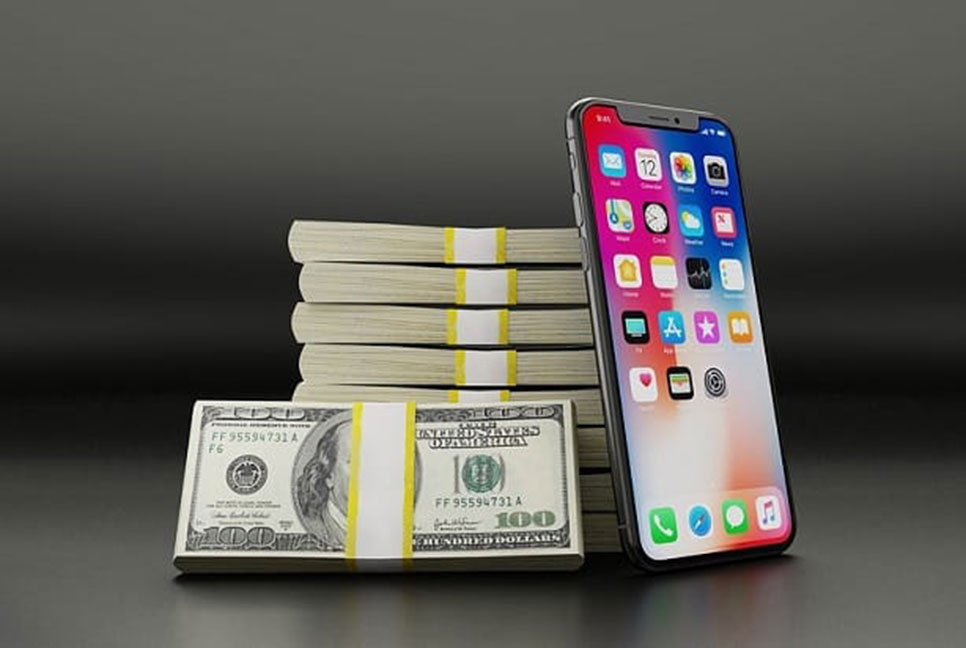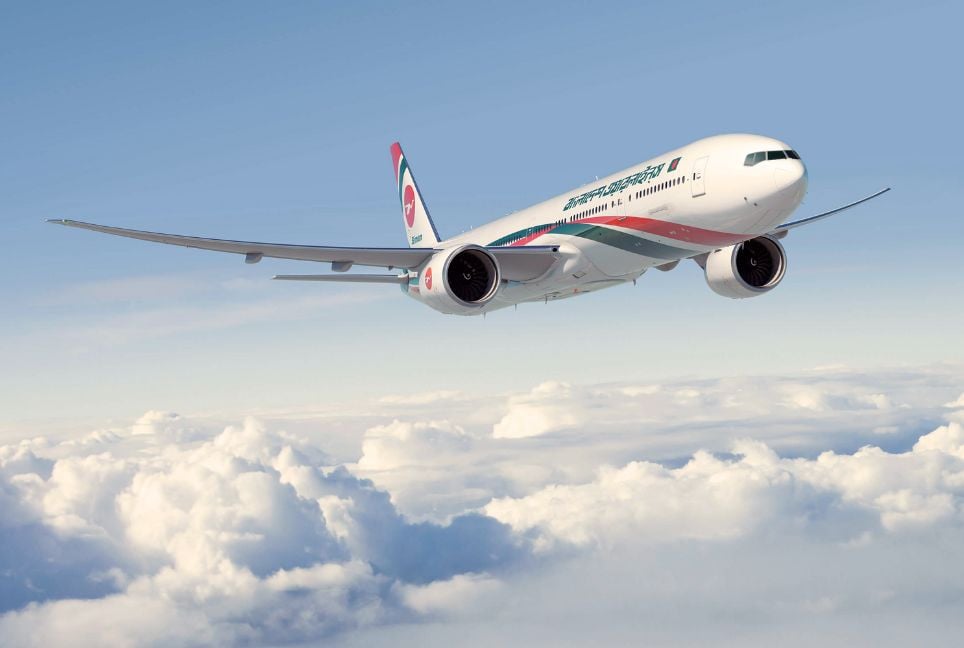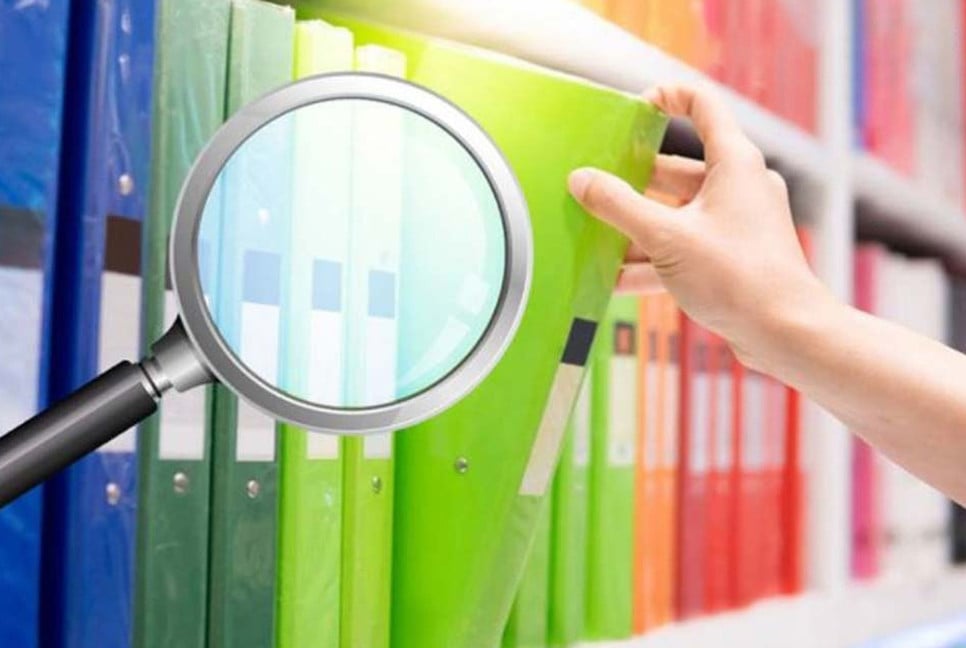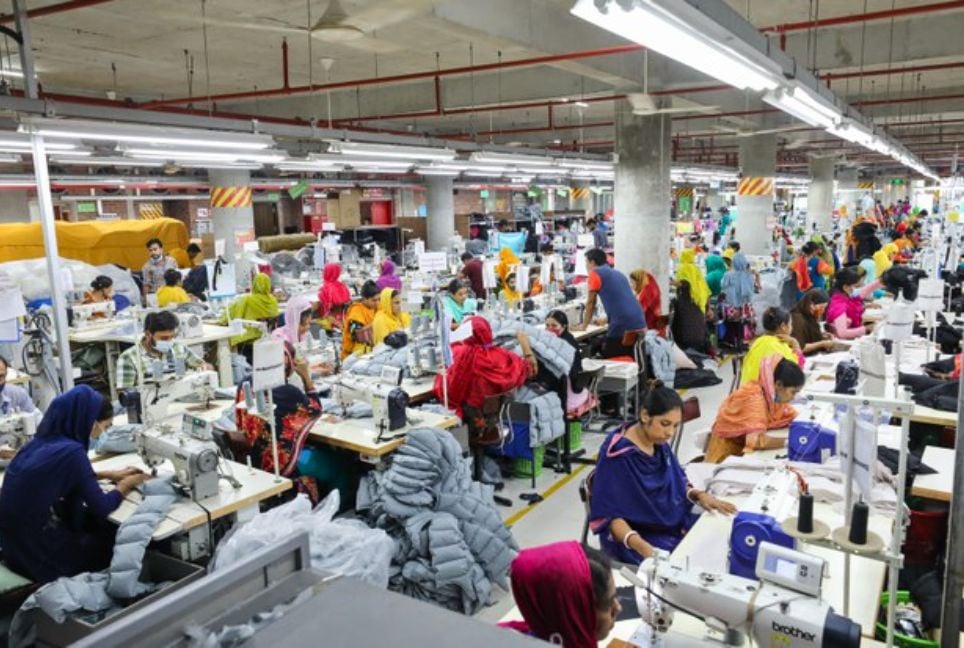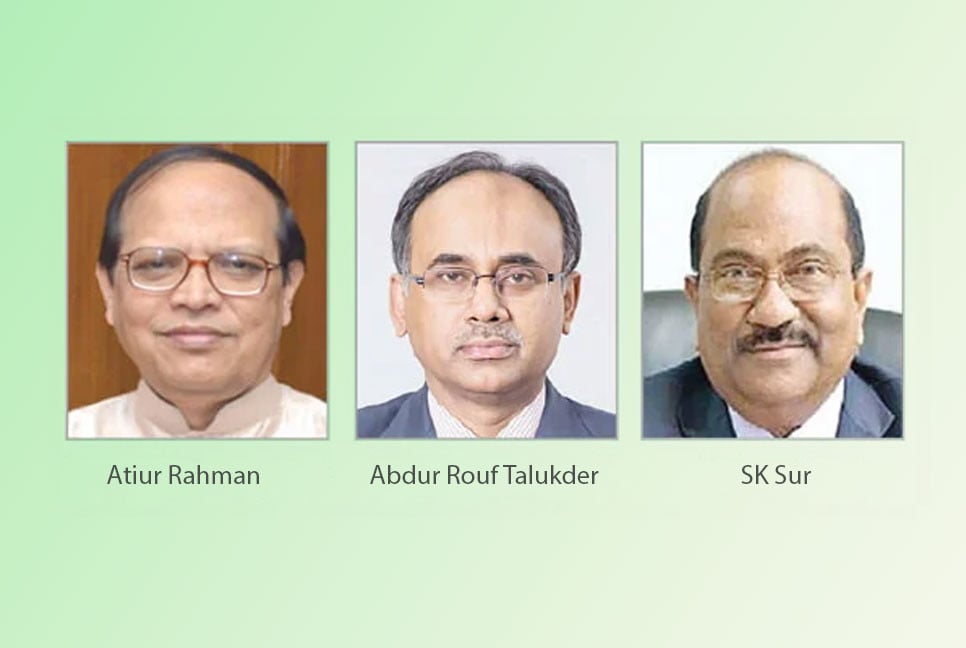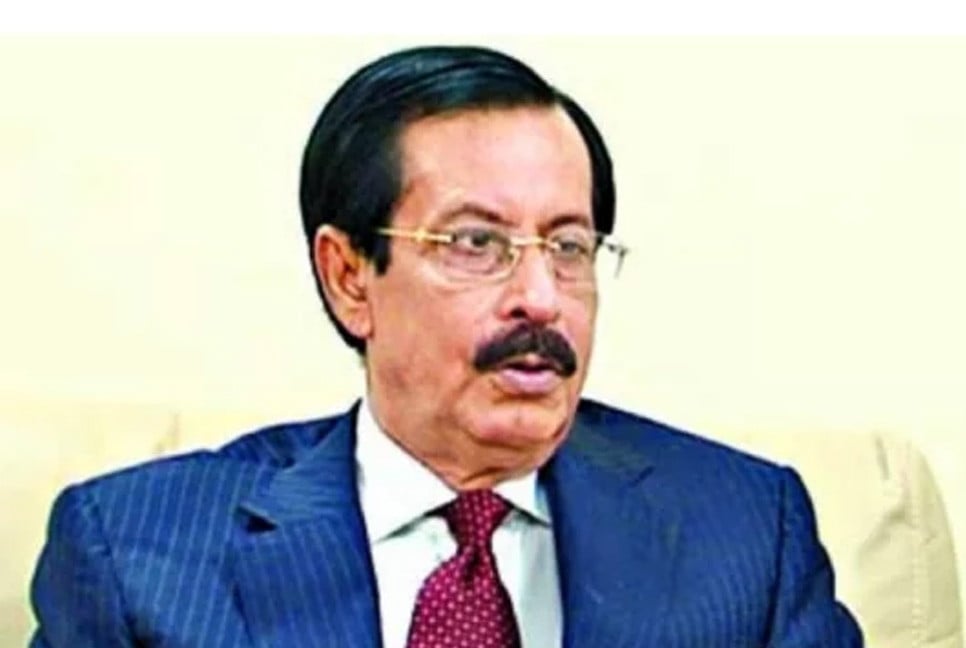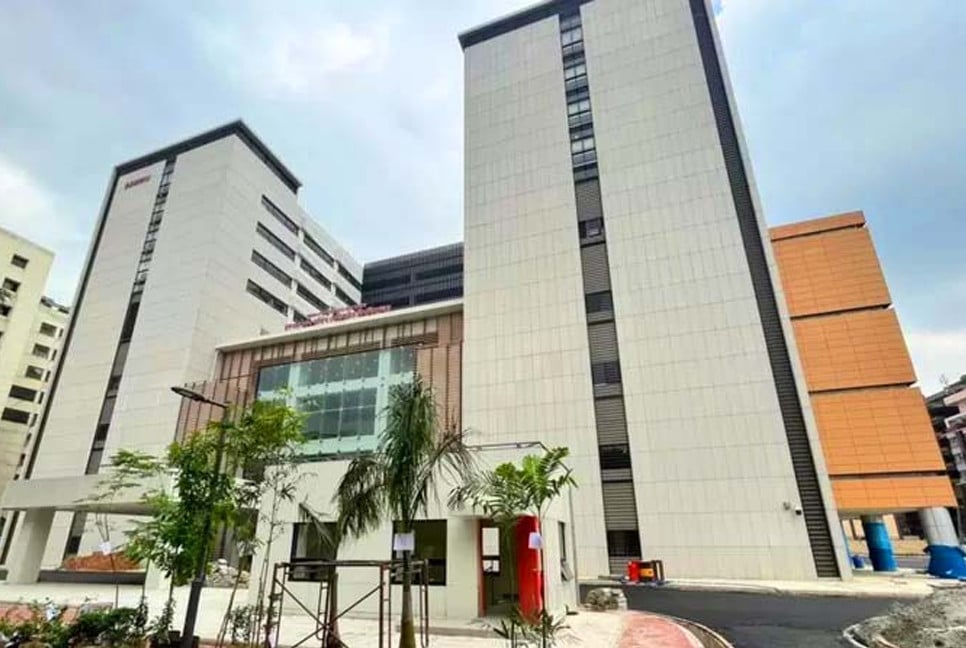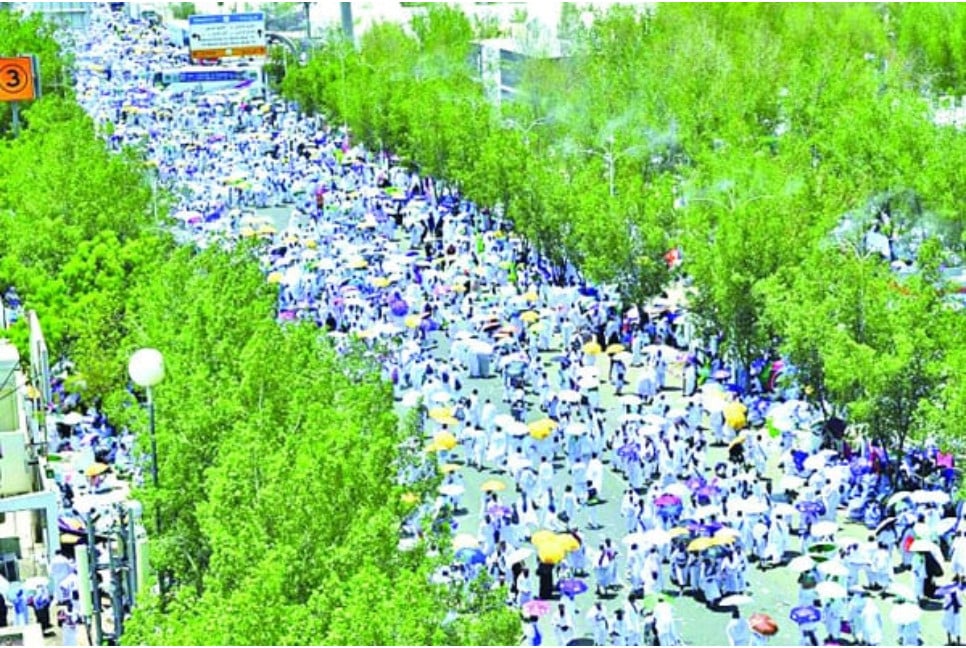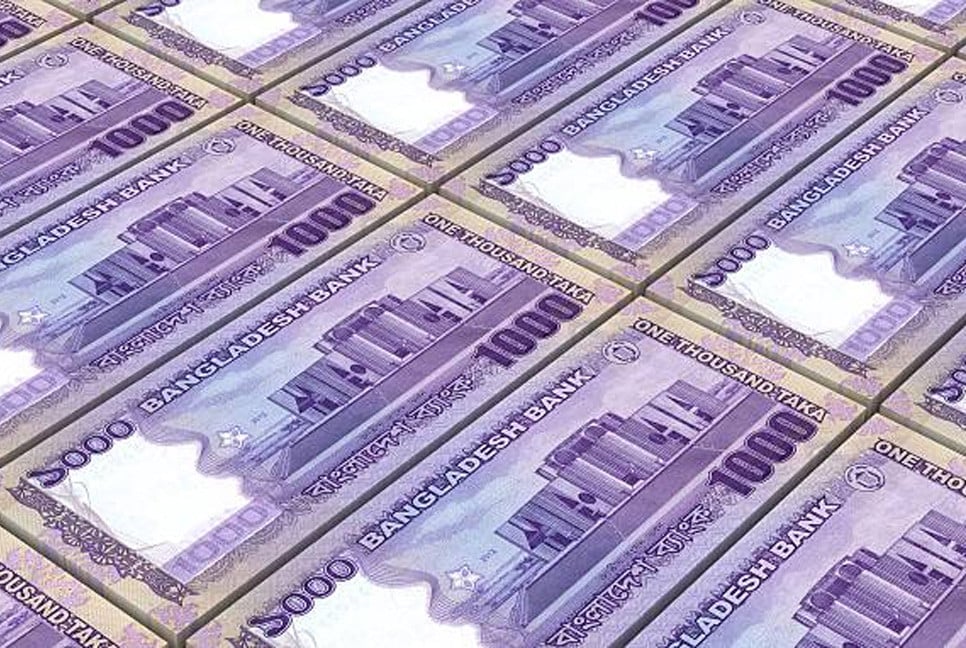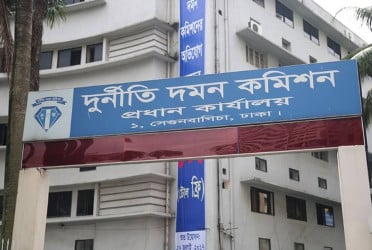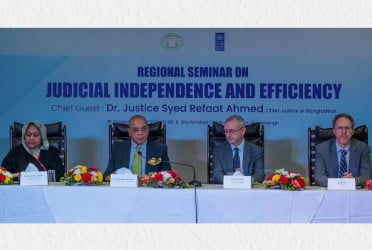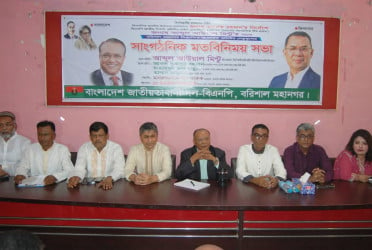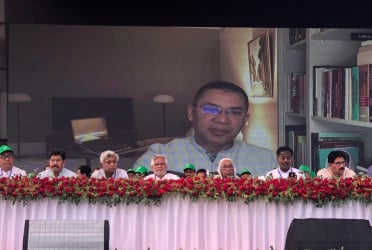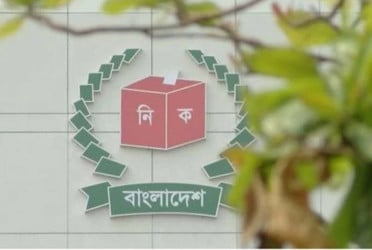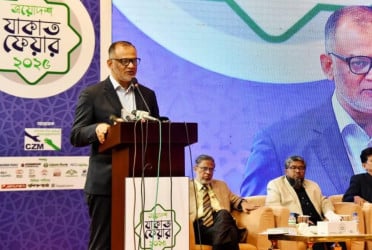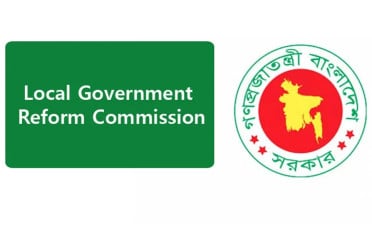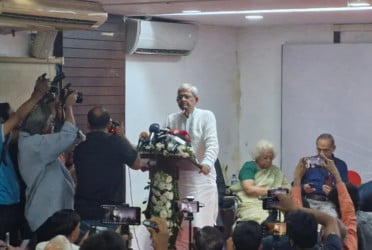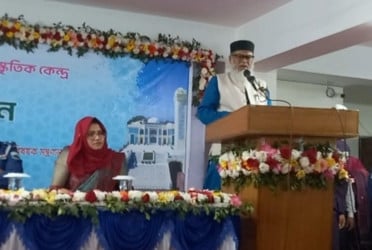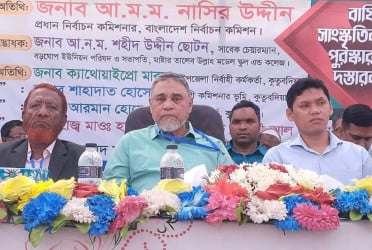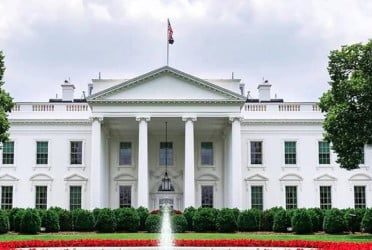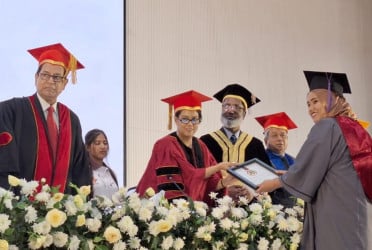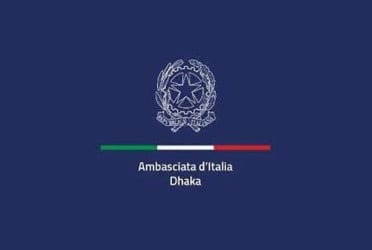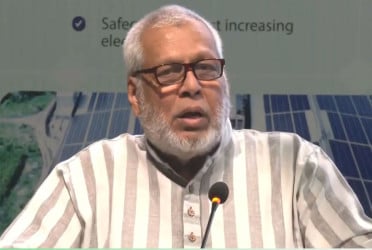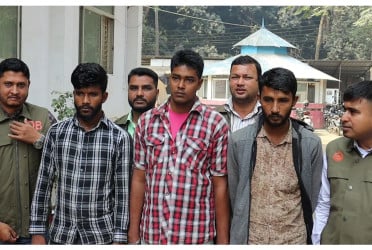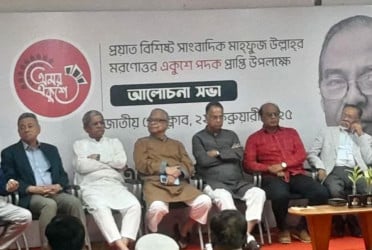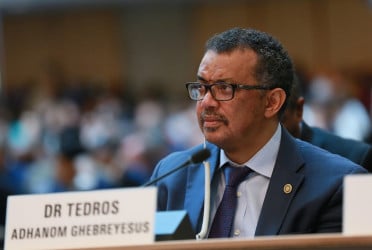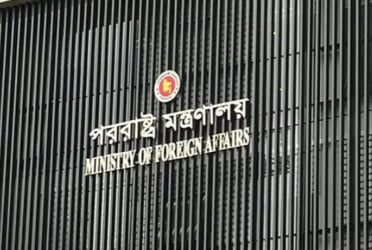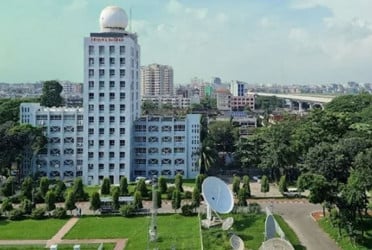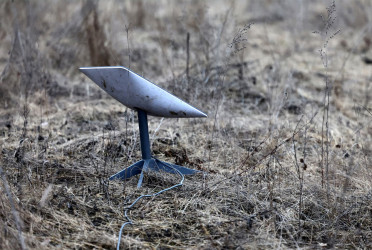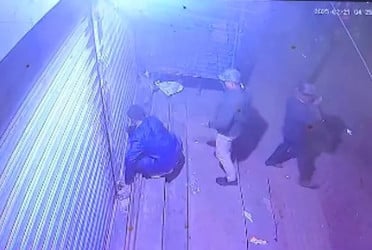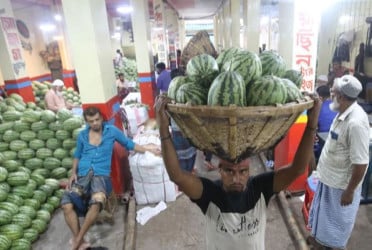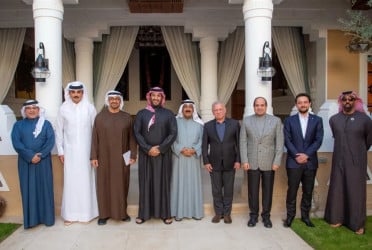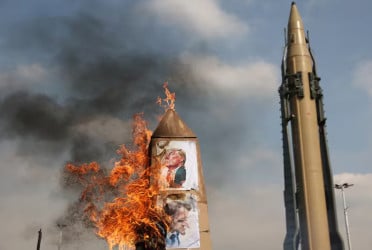Due to the gray markets, illegal mobile phone sets in Bangladesh, the mobile manufacturing factories of various brands established in the country are in crisis and for buying illegal mobiles about tk 6000 crores are going away from the country despite the ongoing dollar crisis.
Almost all brands have set up factories in the country in the last five years due to government policy support. They are producing about 95 per cent of the phones in demand. But gray market captured 40 per cent of the market. This is causing crisis.
Those concerned said, for this reason factories have to reduce 40 per cent of their production.
The market of illegal handsets has recently increased in the country due to non-effective registration of mobile handsets.
After the pilot launch of the NEIR (National Equipment Identity Registrar) system from July 1, 2021, the size of the gray market in the country has come down to below 5 per cent. The rule was later relaxed, rising to 40 per cent recently.
People related to the mobile sector said that about 3.5 crore mobile phone sets are sold annually in the country. Add this number to mobile phones that are legitimately sourced and manufactured in the country and it will be even higher.
Although the country is almost self-sufficient in the production of mobile handsets, the industry is under threat due to illegal phones. Despite the ongoing dollar crisis, around tk 6000 crore are going away due to illegal phones. Therefore, the entrepreneurs demanded the stoppage of illegal phone business to save dollars.
Bangladesh Telecommunication Regulatory Commission-BTRC said that about 35 per cent of the mobile handsets sold in the country every year are entering the market through tax evasion. As a result, the government is losing 1000 crores of revenue.
Official, unofficial, old - all phone sets are being sold in the capital's shopping malls. Both legal (channel product) and illegal (non-channel or gray product) phone sets are available in the country's markets. Many buyers are interested in buying non-channel products due to lower prices.
Motaleb Plaza, one of the shopping malls selling mobile phones, was seen on Sunday, with a few famous brands of smartphones arranged on the shelves. The staff of the sales center said that the model should be selected first then it will be brought from the storehouse.
Imran Hossain, sales representative of Rain Electronics said that they have A13 model of Samsung brand with 4 GB RAM and 64 GB storage. The price of which he wanted was tk 15,000. But its official price is 19,000.
When asked from which country and how these phones come, Imran said, “We have people who travel to different countries of the world, they bring them when they come back. We buy from them.”
He also said that these phones have no warranty.
Sabuj Mia came to Motaleb Plaza to buy a smartphone for a friend. He said, “I came here to buy a phone at a low price. If the same phone is available at a lower price of 2-4 thousand Taka, why should I buy it from the showroom.”
“Earlier I bought a phone from Xiaomi, which offered a seven-day warranty. It's been two years and nothing happened. Still good. This is why I came again,” he added.
The journey of mobile phone industry in the country started with the government policy. The government started encouraging factories in the country from the 2017-18 budget. In that budget, 44 parts of mobile phones are given major duty free.
Import duty on 41 items is 1 per cent, which was up from 5 to 25 per cent earlier. In contrast, the duty on imported mobile phones has been increased from 5 per cent to 10 per cent.
As a result of the policy, on one hand the cost of imported mobiles increases, on the other hand the cost of manufacturing in the country decreases.
Entrepreneurs said that Walton, Samsung, Xiaomi, Nokia, Oppo, Vivo, Transition (Techno and Itel) Symphony, Lava, Realme, Fivestar, Unstar have set up phone factories in the country.
There is a 1500 crore taka mobile phone market in the country. More than 95 per cent of the phones in demand are manufactured in the country. Thousands of people have been directly and indirectly employed in this sector.
Zakaria Shahid, general secretary of Bangladesh Mobile Phone Importers Association (BMPIA) said, “After the government started handset registration, this market fell below 5 per cent. Now that it is closed, the gray market is growing at an alarming rate in the country. Now it is close to 40 per cent.”
“With the closure of our NEIR project, the legitimate phone market is facing a challenge. We have been forced to reduce production by about 30 per cent due to the dollar crisis and not being able to import raw materials as per demand,” he said.
Tecno, Itel and Infinix are mobile phone manufacturers Transsion Bangladesh’s CEO Rezwanul Hoque said, “About 40 per cent of mobile phones are coming illegally in the country. Out of the Tk 15000 crore mobile phone market in the country, the illegal mobile phone market is around Tk 6000 crore.”
“Illegal mobile phones along with smuggling have put this sector in crisis once again. Although there are many problems to get the dollars of the manufacturers, illegal phone dealers are not having any problem to get the dollars. They are buying dollars through various means including hundi,” he added.
Ziauddin Chowdhury, country manager of Xiaomi Bangladesh said, “Overall the industry is going through a tough time due to the dollar and sluggish demand. Due to the dollar crisis, businessmen of more or less all sectors are under challenges. In this case, foreign companies are a little more challenging. Because we are dealing with certain banks.”
“Bangladesh’s market is very promising for Xiaomi. We are now in the phase of expanding investment in the country. We have recently started manufacturing printed circuit board assemblies (PCBA) locally in Bangladesh,” he said.
Ruhul Alam Al Mahbub, president of BMPIA said, “Unless the illegal entry of handsets into the Bangladeshi market is stopped, none of the companies that have factories in the country will be able to survive. If this situation continues, it will also create a big risk for cyber security in Bangladesh. Effective measures should be taken to stop the sale of illegal handsets now.”
An official of BTRC spectrum department said that if the registration is confirmed, illegal importation, theft and fake handsets can be prevented, customer safety can be ensured, and mobile phone accounts can be kept. Loss of government revenue will be prevented.
Posts and Telecommunications Minister Mustafa Jabbar said, “A concerted initiative should be taken to stop the import of illegal phones. Customs and border guards will check the mobile sets entering the country illegally. Here the role of Board of Revenue (NBR) is important. We are taking steps at different times. I am also conducting expeditions sometimes.”
@The report was published in Bengali on print and online versions of The Bangladesh Pratidin on January 30 and rewritten in English by Tanvir Raihan.

